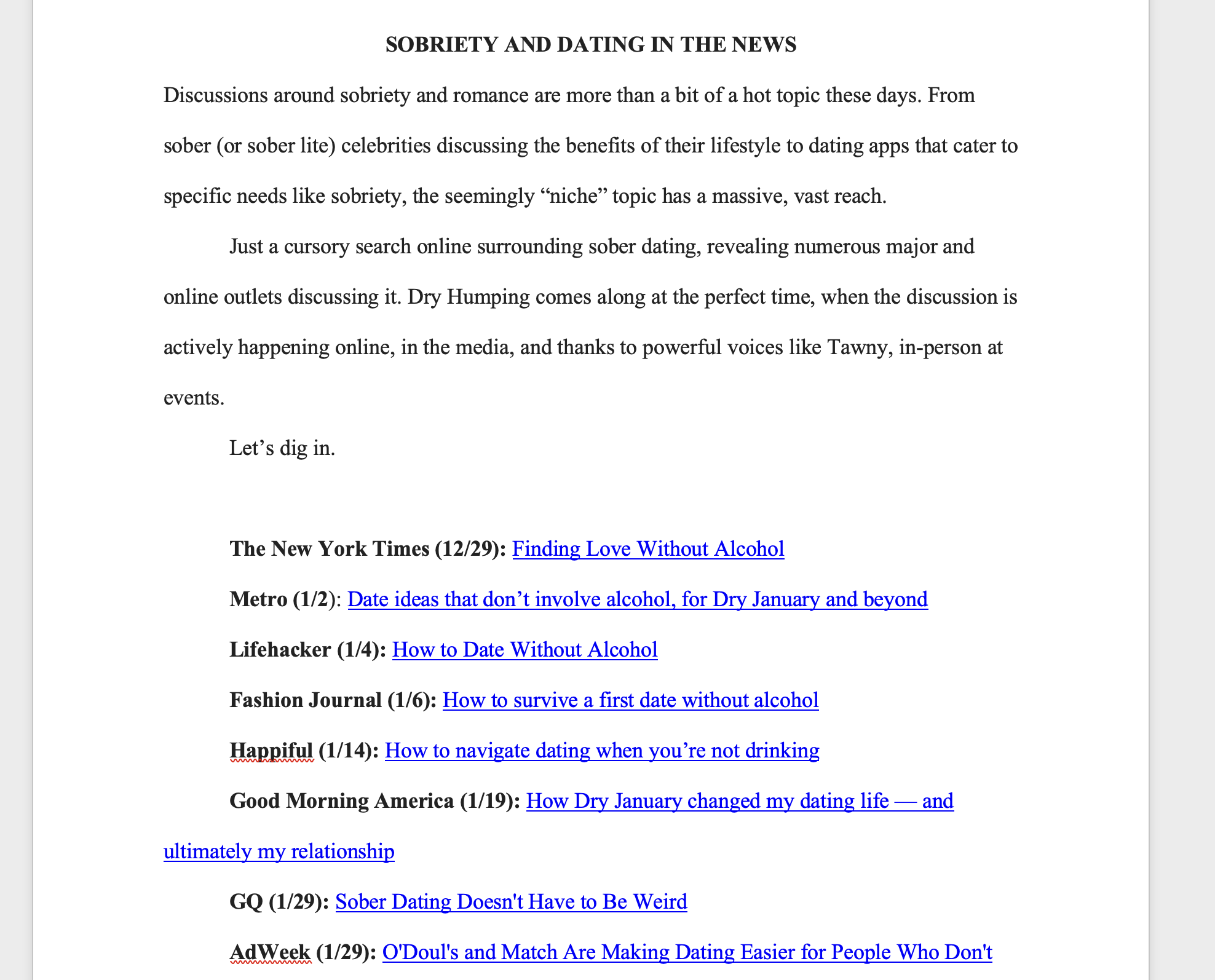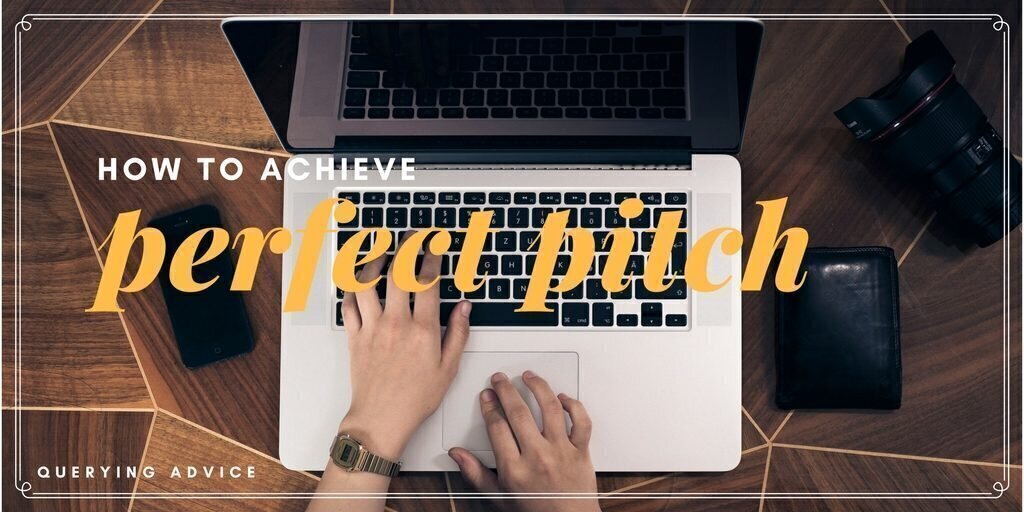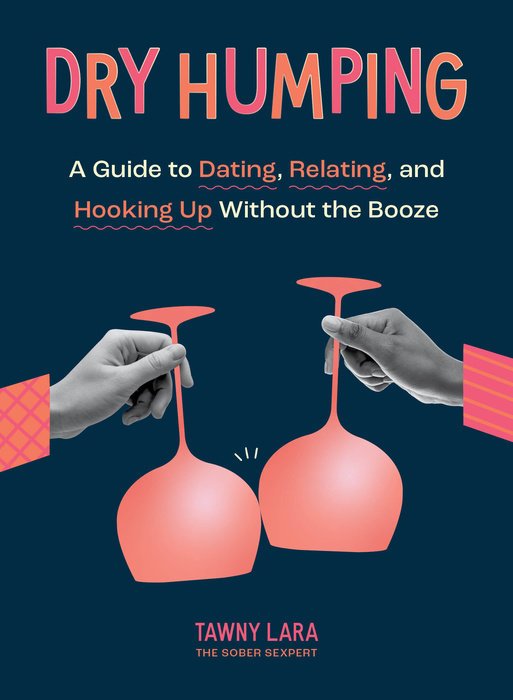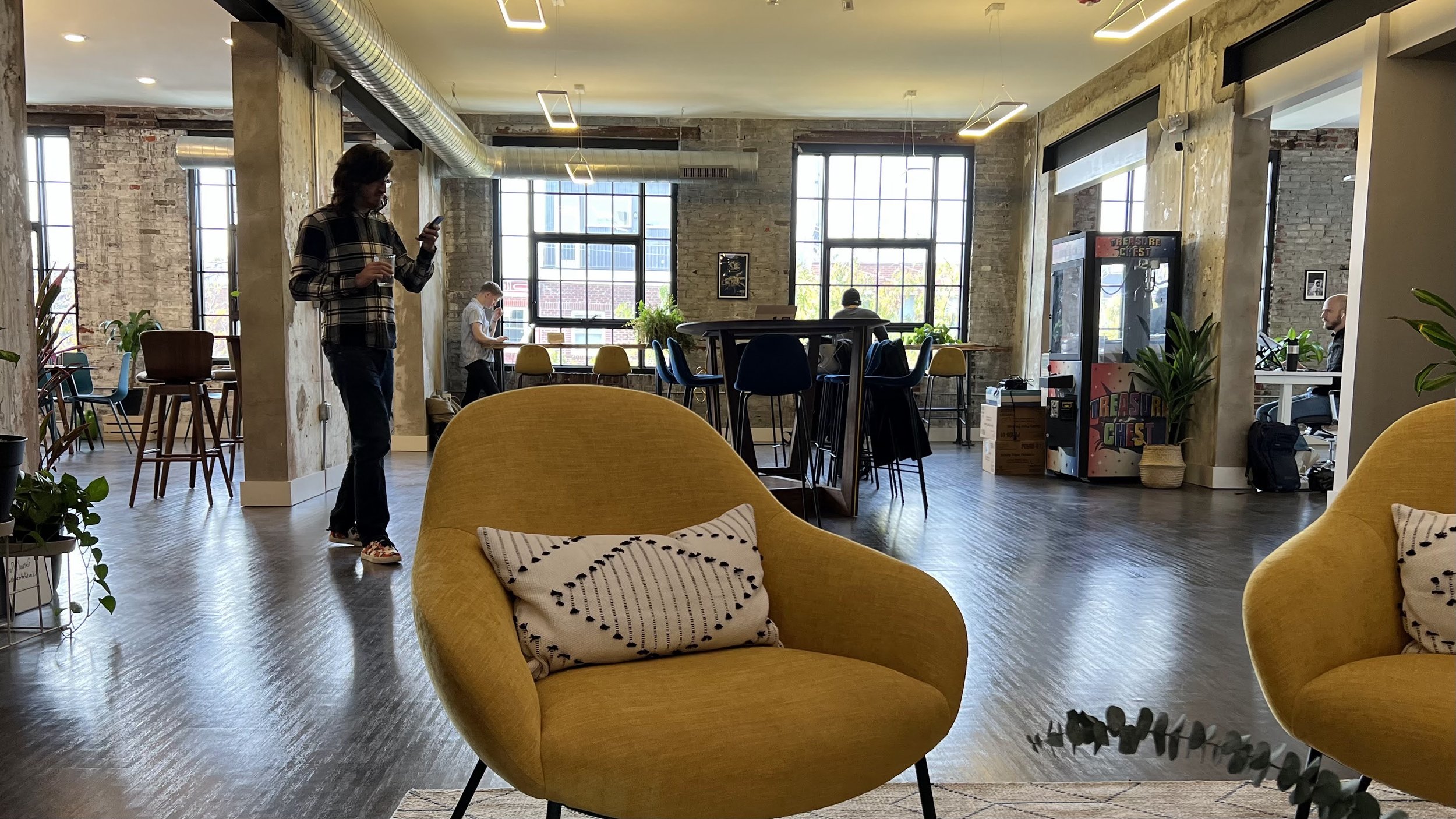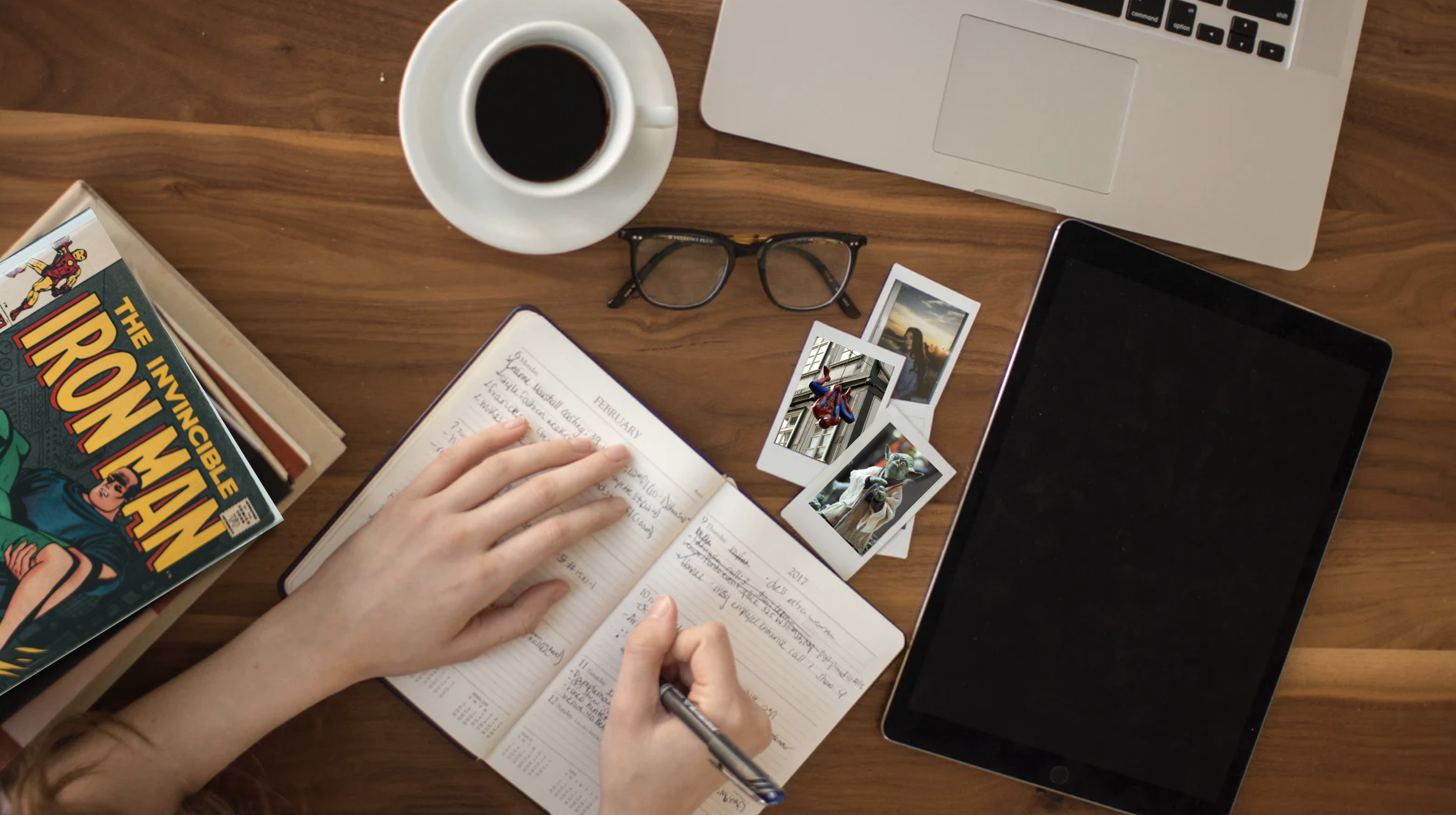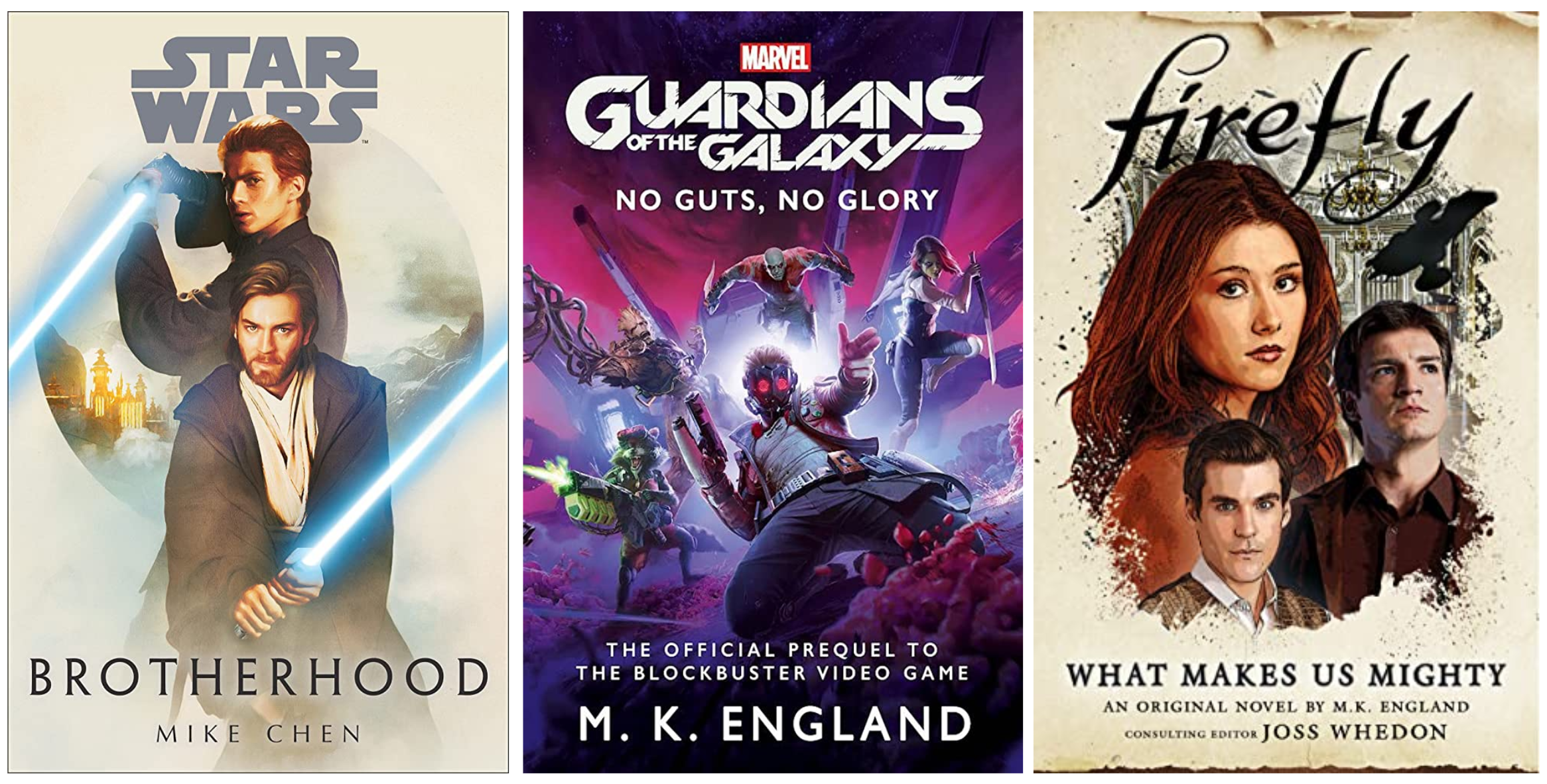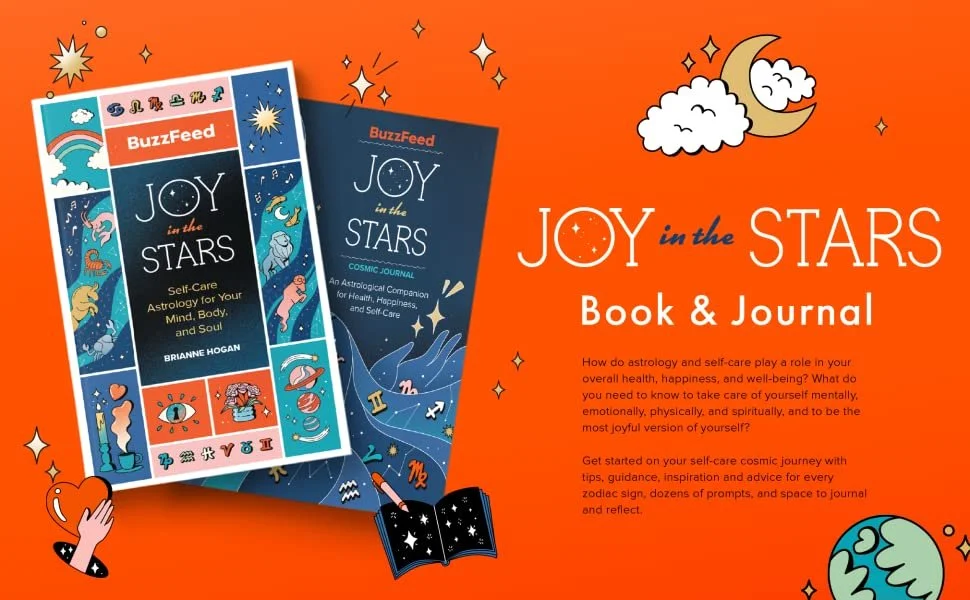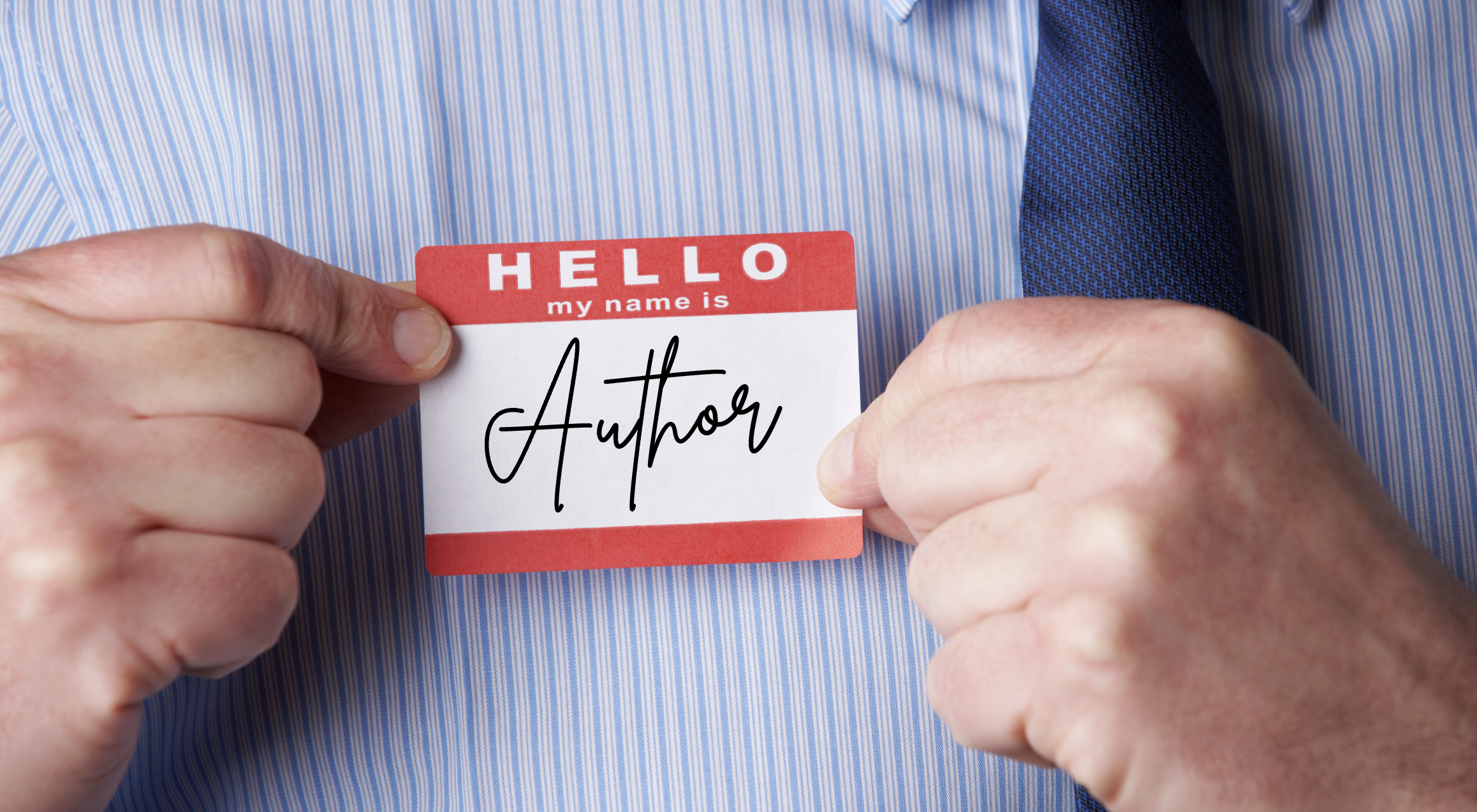Crafting the Non-Fiction Book Proposal: Tawny Lara and Dry Humping
And we’re back with another article about writing non-fiction book proposals!
The last few I’ve dished on here have been non-fiction titles about video games and cookbooks, and I’m excited to have another sort of project to share. A wellness title, from the Sober Sexpert, Tawny Lara.
Her debut, Dry Humping, publishes this month with Quirk Books (you can thank Tawny for this post by ordering her book from your favorite retailer!). It’s a wellness guide that talks about sober dating, and digs into navigating new relationships and sex while living a sober lifestyle.
Friends and colleagues have been curious about this one because I’ve talked about how this pitch arrived in my inbox and I offered on it later in the day. And then the book sold in two months. The question is always the same…
What did she do in that book proposal?
Well. Let’s take a look.
In other book proposals I’ve showcased on here, you’ve seen what they look like after I’ve had some time with them. Updating details like platform and market. Tawny’s book proposal, however, came to me with all of that stuff already in there. She had done the work, both on the proposal and on herself as an expert in the space she wanted to write in.
THE BASICS
Okay, I’ve broken down the basics of what makes a good non-fiction book proposal in all of the other ones. We get an overview of the project, details about the author, relevance in the market and media, information about the author’s platform and expertise, and manuscript overview bits.
You can see examples of that in these recent shares, with Mary Kenney’s Gamer Girls and Aiden Moher’s Fight Magic Items.
Remember, agents are going to have different things listed on their submission guidelines. Make sure you double check what they’re asking for, before taking what I say here as the go-to bit of advice.
And when it comes to non-fiction, it can change up book to book. If this was a cookbook or a cocktail book, you’d have sample photography. If you were a social media influencer, you’d have a lot of details about your social following.
Tawny’s book is a wellness project. It leans in heavily on her platform as an expert in the space she’s writing and existing it. The proposal had to show an agent, editor, and publisher that yes, this is THE person to be writing this book.
And with the proposal she sent over, she absolutely did that. It’s why I wanted to get on the phone immediately.
Now, let’s break down the proposal Tawny sent over. I’ll include summaries of what she discussed in the proposal as well as some screenshots, which I hope will give you a helpful overview of what goes into one of these, from an author who did it herself.
THE OVERVIEW
Tawny’s stellar book proposal opened with exactly the thing I always ask for… an overview. In it, she talked about the why of the book. She used examples from pop culture to discuss drinking and relationships, and how often it’s shown to be effective vs. the reality. The way it’s reinforced, and why discussing this is important.
The overview went on to talk about the title of the book, the research she did to put it together, and how it would function as a how-to wellness guide for people navigating relationships, dating, and sex while sober.
This wrapped up at just about three pages, and much of it we ended up using in the actual pitch for the book.
THE AUTHOR
In Tawny’s proposal, she had the whole platform section and meet-the-author bit combined, telling potential agents who she was, how she was an expert on her topic, and what her platform looked like.
Now remember, and I stress this all the time, platform isn’t just tied to social media followings. Tawny’s platform that she pressed was a long list of all the places she had published articles and continued to write for, details about her podcast, a list of speaking engagements and relationships… your numbers are temporary, friends. The platform you build through publishing and engagements, that’s forever. It’s the platform you own.
Tawny’s about section didn’t just tell me about her.
It told me why she was the perfect person to write this book.
When it came time to revise this proposal before sending it out, I revamped a lot of this section to really focus on her platform in publication. It worked really well.
AUDIENCE + MARKET
I always like to see a bit about the market in a book proposal. Usually this ties into media relevance, where a writer will share news articles and the like, showing that people are talking about this topic… but that’s not required for me. After-all, I kinda think that’s my job! And I put those sheets together for clients often.
But here, in Tawny’s proposal that she sent over, she detailed the readership in a really thoughtful way, as well as discussed the market for the book. She delivered some really interesting stats, and then, broke down comparative titles.
One thing I really want to highlight here is how wonderfully Tawny dished her comp titles.
All too often I see comparative titles that talk down about other books, explaining why the one being pitched is way better… and in Tawny’s proposal, she talked about the many people who came before her, why their books were so amazing, and how her book would continue to contribute to the conversation. It was really lovely.
For those wondering what the media interest bit tends to look like, here’s the revised version of that section that I put together, when we shopped the book.
Again, I don’t entirely think this is necessary in a proposal that you are writing on your own, but it’s something that as an agent, I use to show to publicity and marketing folks that are in acquisitions meetings.
MANUSCRIPT OVERVIEW + SAMPLE PAGES
And now, the actual sample text.
For Tawny’s book proposal, she had a solid 10,000 words of sample chapters and a fully fleshed out breakdown of what would be in every chapter. This is a must in your proposal. We have to see that you’re not just the person to write the book… but that you can actually write the book.
Tawny included a table of contents, a chapter by chapter summary (screenshot above), and then finally, two full chapters.
And a quick bonus tidbit. I can’t share a screenshot from this because it contains contact information and the like, but it’s very much worth bringing up.
Marketing & Promotion Plans: One really interesting thing Tawny talked about in the proposal in a section that you don’t necessarily have to provide, but if you can it’s amazing, was her plan to push the book. Tawny has an extensive network of friends and colleagues in the world of sobriety influencers. From folks who work at NA distilleries to celebrated podcasters. I loved seeing this, and sharing it with potential publishers was a great way to demonstrate platform.
Remember, editors aren’t the only one making the decisions when it comes to acquiring a book. Having discussions with marketing and publicity, and showing this kind of extra material, can go a long way.
And that’s a wrap my friends. A book proposal created by the author, pre-edits (save for that media link page), so you can see that you can do it on your own too.
If you thought this was helpful, please consider ordering Tawny’s book, wherever books are sold. It’s out this month with Quirk Books.




